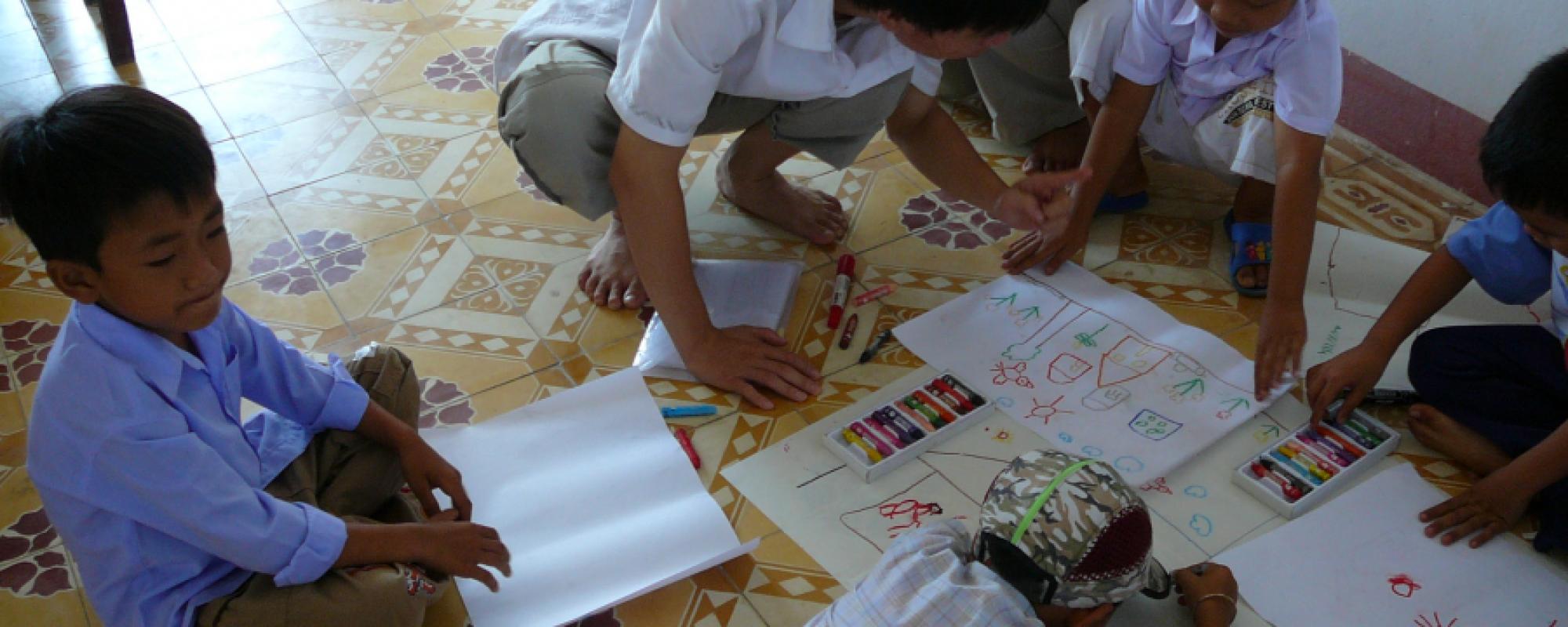
Breadcrumb
- Home
- Research Methods
Young Lives is the first multi-disciplinary longitudinal study of childhood poverty to be carried out in more than one developing country.
Through a household and child survey and school survey interspersed with qualitative longitudinal research we are collecting a wealth of information not only about the children's material and social circumstances, but also their perspectives and aspirations, set against the environmental and social realities of their communities.
The fact that our work spans 19 years in the lives of these children – covering all ages from early infancy into young adulthood – means that we are also able to examine how children change over time, whether growing up in rural or urban contexts, poor or not-so-poor areas, in large families or as migrants, and a variety of other factors.
Drawing on the practical experiences of our research teams, we have produced a Research Methods Guide which aims to document and share some of the lessons we have learned along the way. This includes our work on research ethics and research reciprocity.
Breadcrumb
- Home
- Research Methods
Young Lives is the first multi-disciplinary longitudinal study of childhood poverty to be carried out in more than one developing country.
Through a household and child survey and school survey interspersed with qualitative longitudinal research we are collecting a wealth of information not only about the children's material and social circumstances, but also their perspectives and aspirations, set against the environmental and social realities of their communities.
The fact that our work spans 19 years in the lives of these children – covering all ages from early infancy into young adulthood – means that we are also able to examine how children change over time, whether growing up in rural or urban contexts, poor or not-so-poor areas, in large families or as migrants, and a variety of other factors.
Drawing on the practical experiences of our research teams, we have produced a Research Methods Guide which aims to document and share some of the lessons we have learned along the way. This includes our work on research ethics and research reciprocity.

